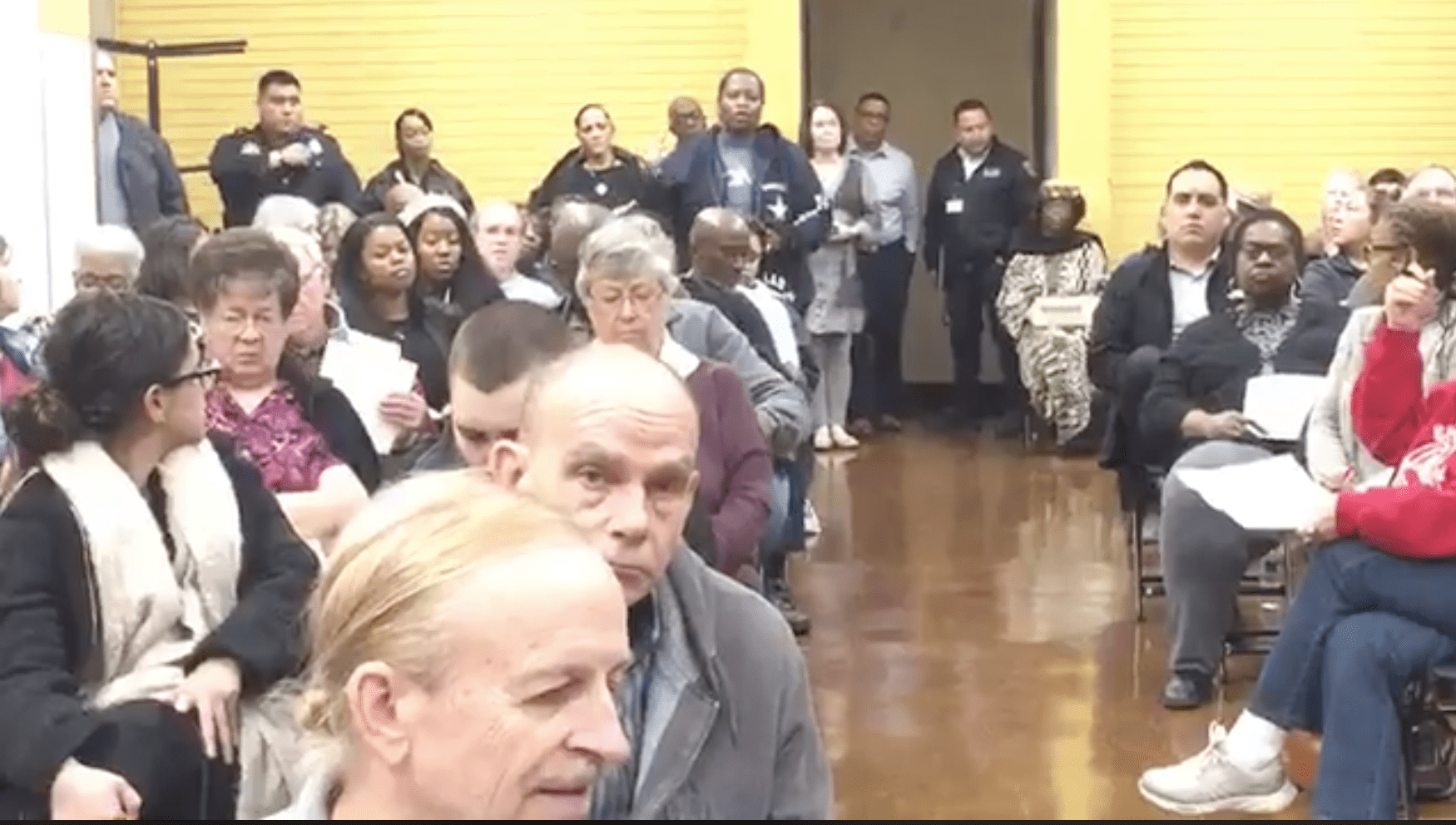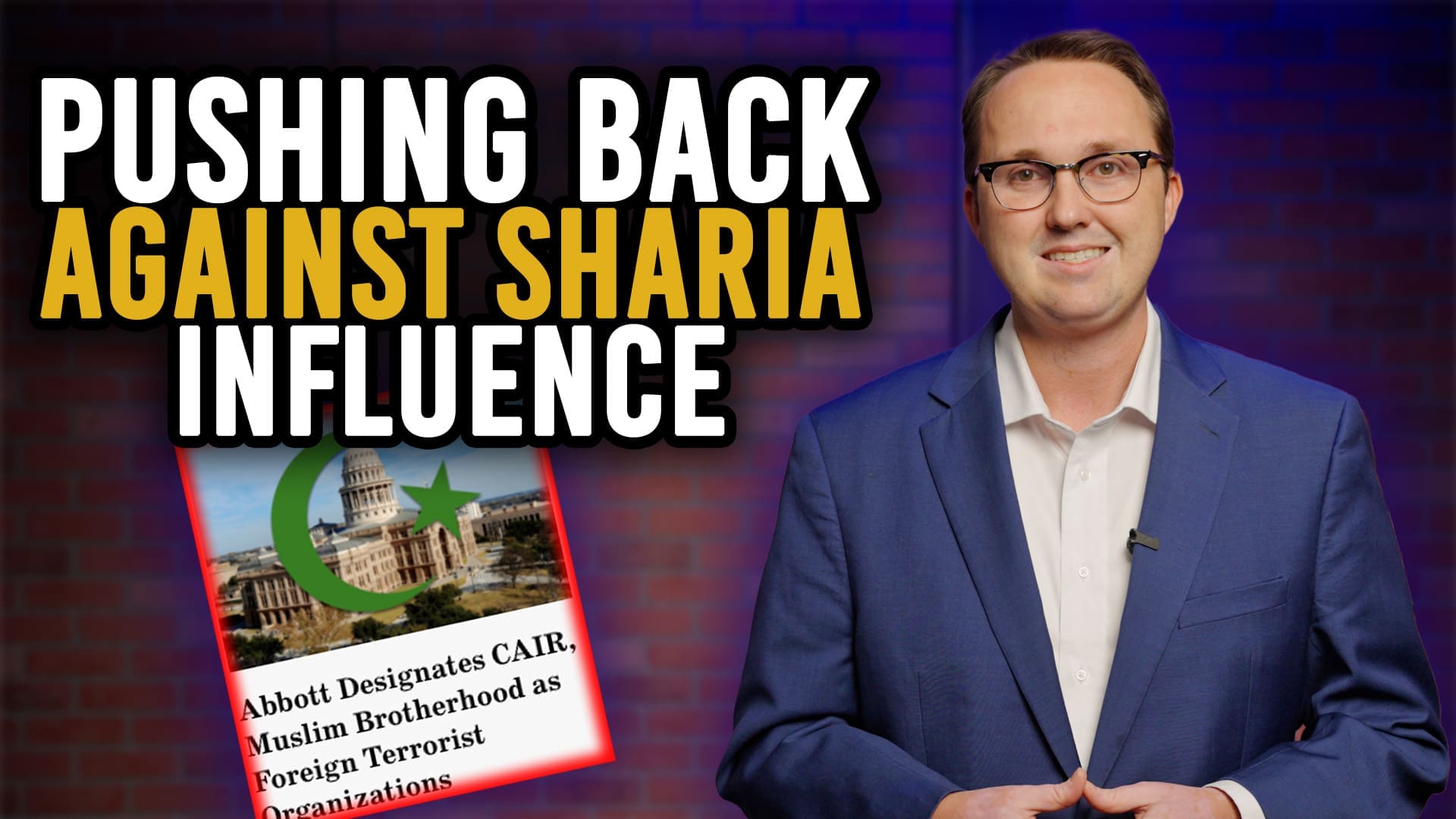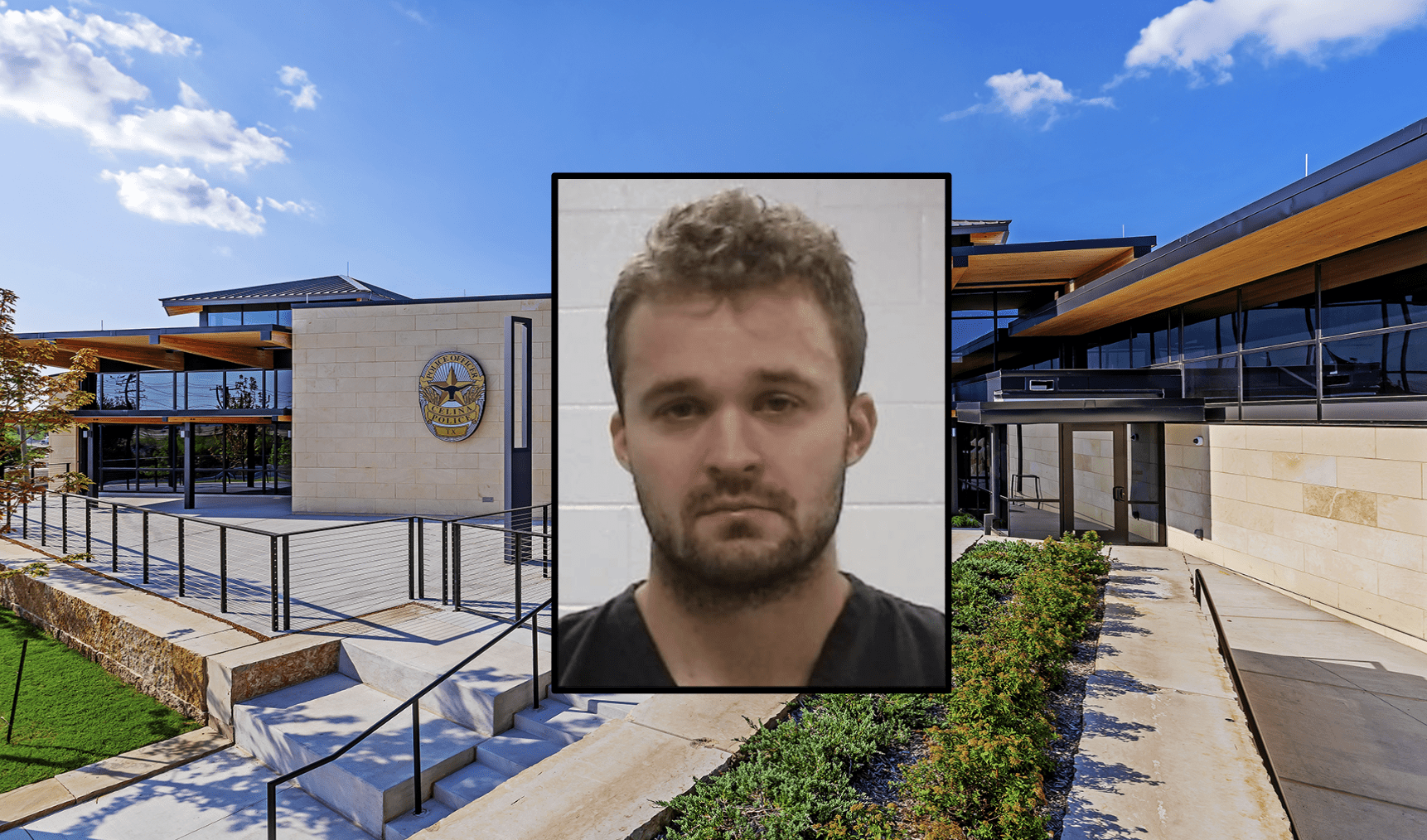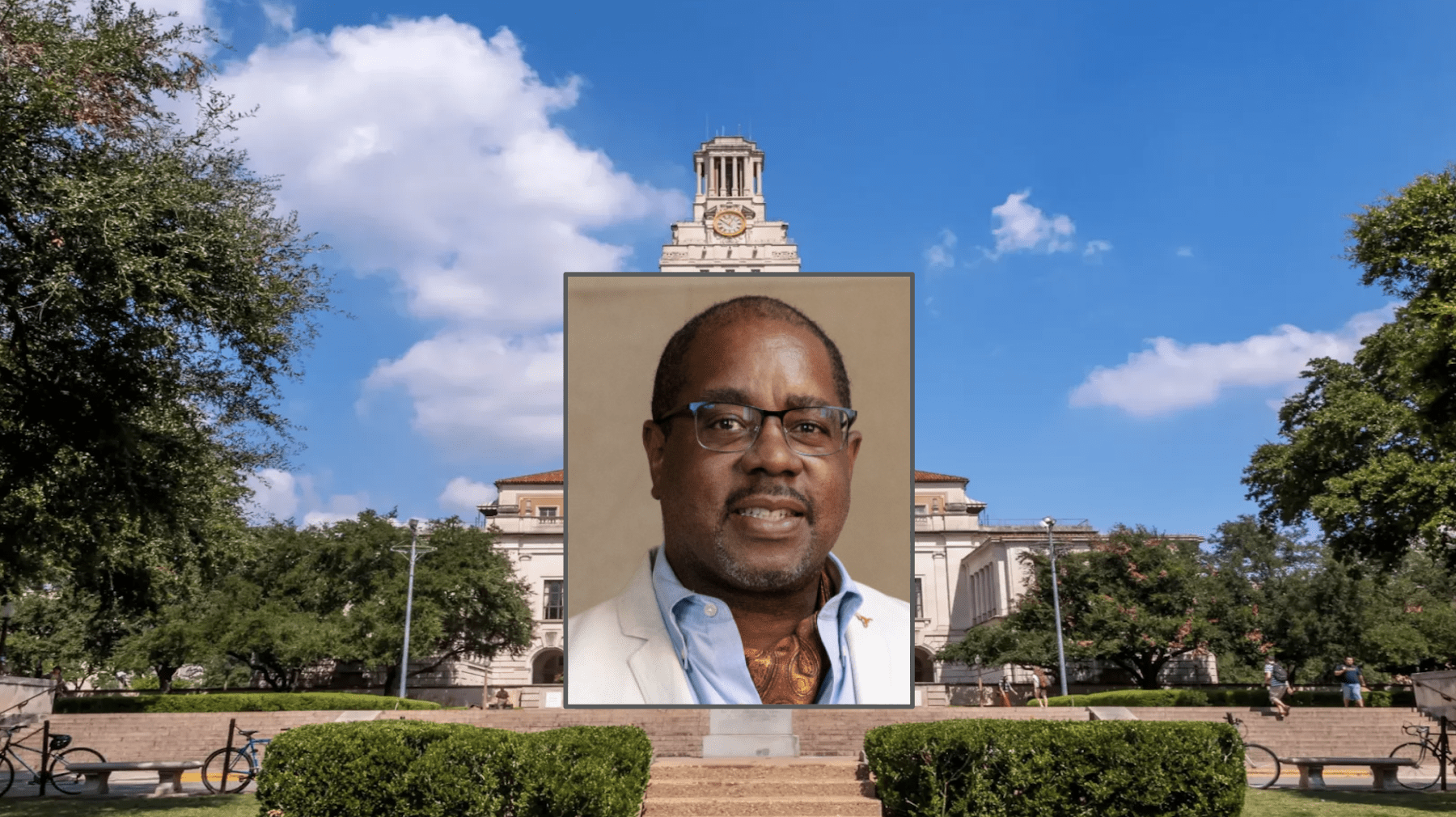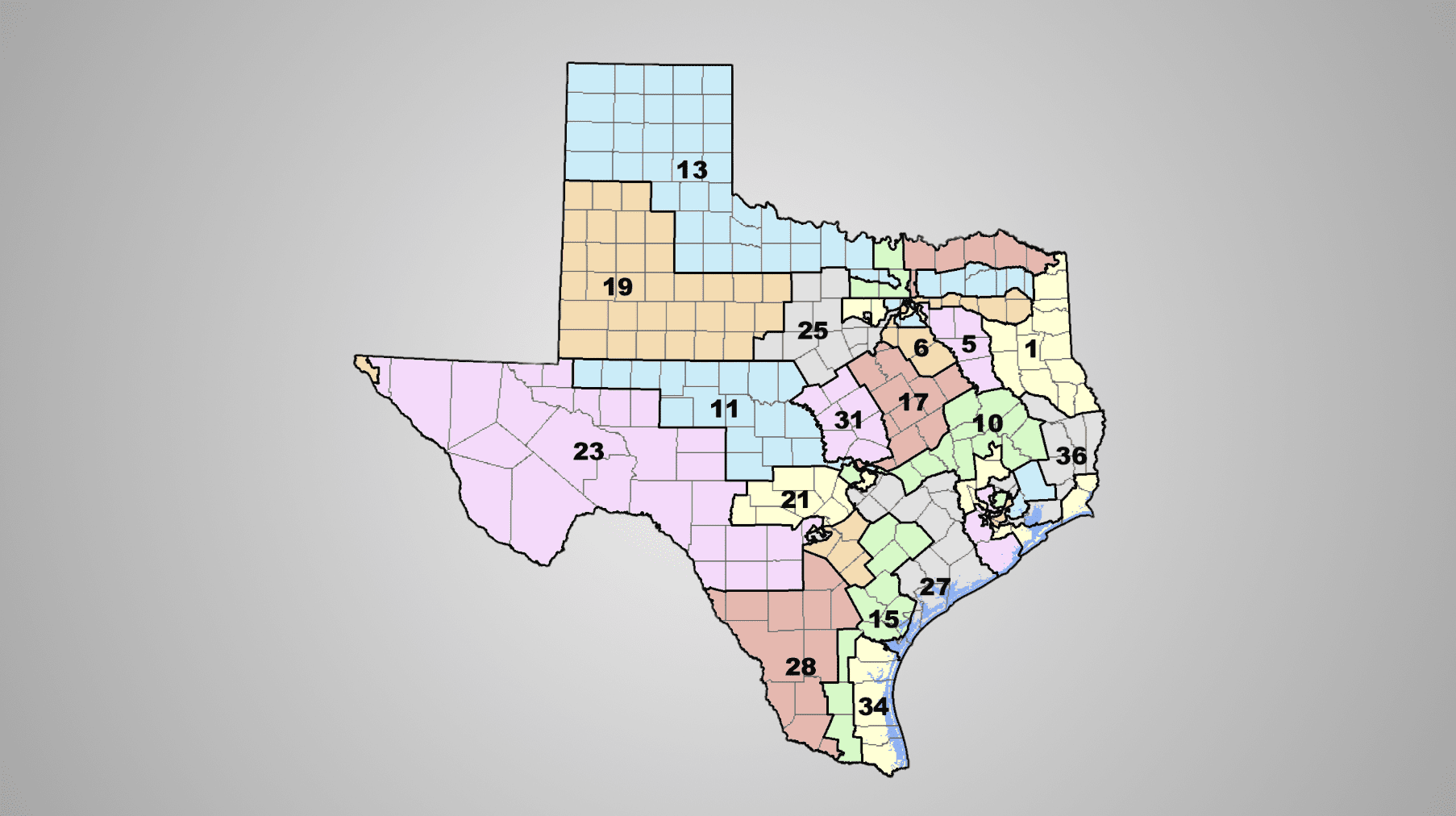At a community crime watch meeting Thursday evening in South Dallas, residents recounted stories of horror as they pleaded with city officials to provide what is supposed to be one of the core services paid by their taxes: public safety. The outcry of these residents comes amid staggering increases in the city’s property tax bills for homeowners, increases in the overall city budget since 2013, and allegations the city doesn’t prioritize safety in the area.
“Crime out here has gotten out of control,” said one of the residents who packed a room inside the Park in the Woods Recreation Center to ask for crime-fighting help from Dallas District 3 City Councilman Casey Thomas and Dallas Police Chief Renee Hall.
They were joined by Duncanville Police Chief Brown and Cedar Hill Police Chief Reyes, along with Dallas’ Assistant City Manager over Public Safety John Fortune, Dallas Deputy Chief Jesse Reyes, and Duncanville Mayor Berry Gordon.
On the table was the question of whether a Dallas police storefront would be a solution to the problem.
“Across the city, we see that substations have a tendency to be few and far between various neighborhoods. And I know that where Mountain Creek sits, you’re a great distance away from the south-central substation,” Hall told the crowd.
“We started a storefront probably back in the ’90s and went away from them in the early 2000s simply because we found them to pull officers away from these stations as we started to lose manpower.
“You’re asking, ‘How can we go back to that?’ My question is, ‘What is it you’re looking for?’”
“More patrolling in the area would be great,” said one resident. “If we call for anything, at least most of the time, the police don’t come.”
“My father’s truck was stolen out of a Walmart parking lot. We waited up there for three hours. No one ever came out,” she continued. “We are under attack.”
“I know we’re talking about police coming out when something happens. Why don’t we have police so something doesn’t happen?” asked another resident. “Where’s the preventative mode?”
“As we grow the department, this is one of the areas, obviously, that needs more attention,” Reyes replied.
“We’re not asking you to wait until we hire in several months. We’re asking you what the need is […] to figure out how we can facilitate,” Hall added.
“Is the storefront an issue so far as finances […] or could we just get more DPD officers?” a young woman asked. “We have a lot going on in Dallas, right around Duncanville, that it just takes too long for them to come out.”
“We don’t have a whole lot of money in the City of Dallas,” Hall responded. “We can look and see what our options are.”
According to data from the Dallas County Appraisal District, the average homeowner’s property tax bill from the city increased 56.7 percent from 2013 to 2019, and it increased over 9 percent from a year ago. The city budget for 2012-2013 set aside over $633 million in taxpayer funds for public safety (which includes the police) and over $884 million in the 2019-2020 budget—a 39 percent increase.
Over the same time period, the total city budget increased by over 47 percent, from $2.5 billion to $3.8 billion.
These residents are not alone in their complaints. Jim’s Car Wash, also in South Dallas, has regularly made 911 calls reporting criminal activity—most of which go unaddressed. The lawyer representing the business owners alleges, “The City of Dallas does not prioritize safety in the South Dallas area.”
“A storefront, obviously, does require a financial commitment,” Fortune added. “And we don’t have them programmed in our budget right now. And it potentially could be a bond issue, which would require an election.”
“But I don’t think this is something that could happen—because of the budgetary constraint—overnight. It would take some time to build it up to that.”
Texas Scorecard asked about Hall’s earlier comment on limited finances, taking into consideration an increase of roughly 40 percent in homeowners’ city property tax bills from 2013 to 2018.
“I will tell you that public safety has been the priority for this council,” Hall said. “All I have to do is ask for what I need. And lately, I’ve gotten everything I need.”
“It was brought to our attention there was a deficit in salary and being competitive with other police departments in the metroplex,” Thomas added, saying starting salaries had been increased to $60,000.
He also said they had addressed pay for 10-year veterans. “Mike O’Mata, who is president of the police association, told me personally [that] he’s getting calls from officers who left who want to come back.”
“The council has clearly made public safety a priority, and we appreciate the council member and their leadership, and we’re going to continue to address the needs for the police department,” Fortune said. “And [we’ll] continue to balance all the services the city provides to you because it’s not just the police department—you like the streets, you like the trash picked, and all those other things.”
The residents in the room that night, however, clearly are not seeing results from these increases in funding.
“I’ve lived out here since 2002,” a resident said. “Even though we have a sign on my street that says ‘Crime Watch,’ it doesn’t deter anything.”
“Years ago, when I first moved out here, I used to see a DPD officer patrol my street at least twice a week. That’s ceased, that’s gone. If I call 911, nobody shows up, ever.”
“I’ve actually been on a call with 911, and [the operator] heard the bullets flying,” he said, recounting how people nearby regularly shoot their guns in the air. “How long is it going to be before somebody decides—instead of possibly shooting into the air—to start shooting into the green belt and kills me? Crime out here has gotten out of control.”
